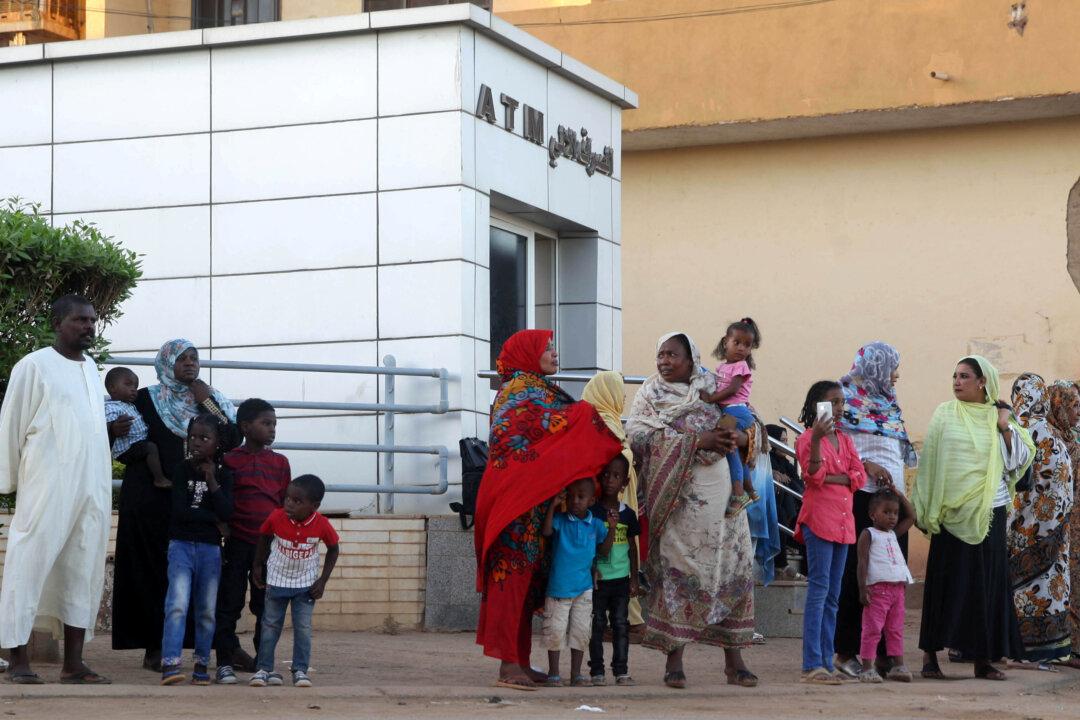KHARTOUM—Many cash machines in the Sudanese capital have run out of banknotes as the government scrambles to prevent economic collapse with a sharp devaluation and emergency austerity measures.
Rising demand for cash due to inflation, lack of trust in the banking system and the central bank’s policy of restricting the money supply to protect the Sudanese pound have all contributed to a liquidity crunch that has worsened in the past 10 days pending new banknote deliveries.





